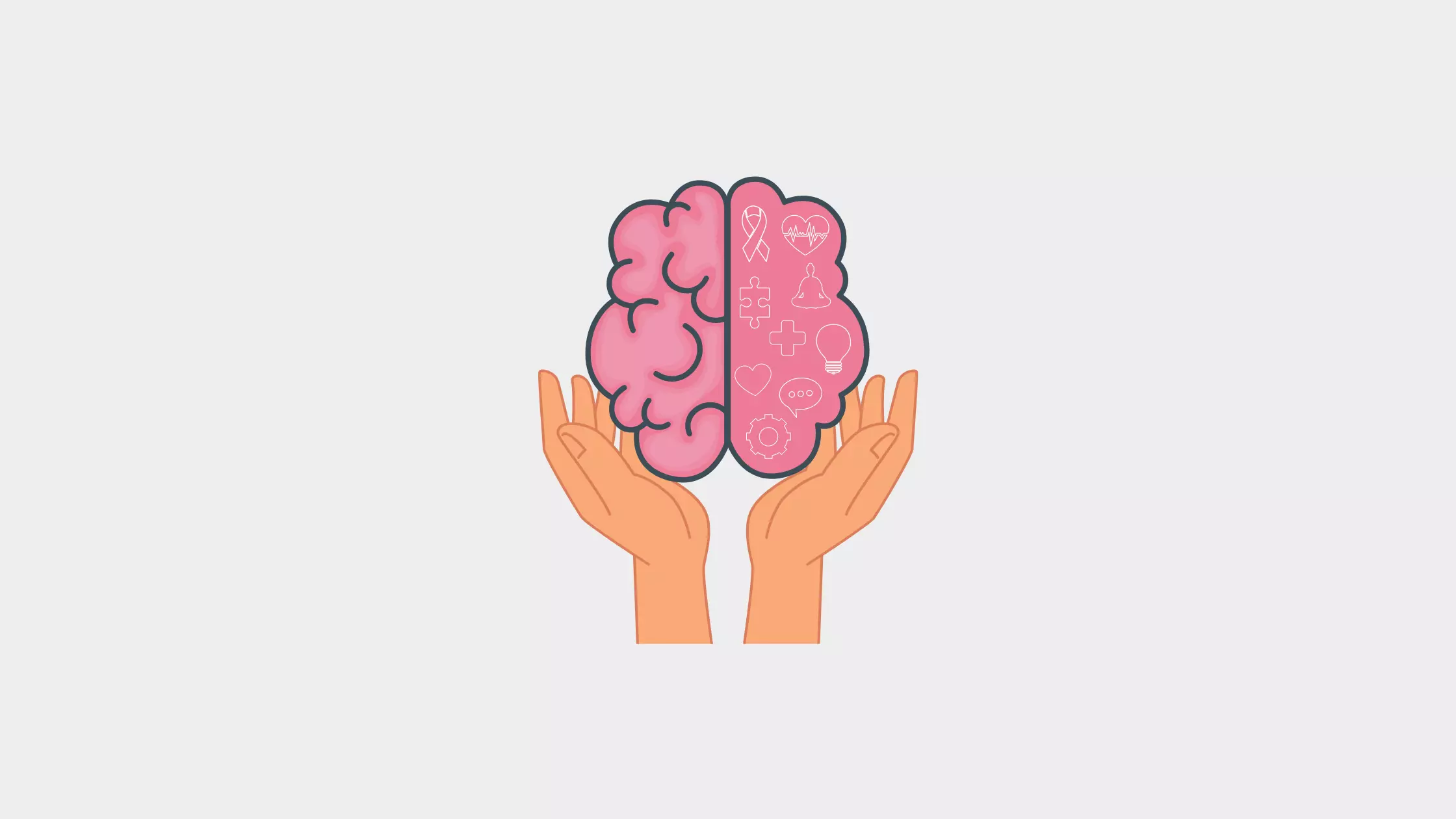Comprehending the Effect of Exercise on Mental Health and Total Wellness
Past its physical advantages, the impact of workout on one's psychological wellness has actually been a topic of growing rate of interest and research - Mental Health Services. As we navigate through the intricacies of this relationship, a much deeper understanding of exactly how workout influences our psychological state and general wellness emerges, shedding light on the profound implications it holds for our daily lives and lasting health.
Advantages of Exercise on Mental Wellness

Routine physical workout has actually been shown to substantially improve mental health and wellness results in individuals of all ages. Engaging in regular exercise not only benefits physical health yet additionally plays an important duty in enhancing psychological wellness.
In addition, exercise has been linked to improved cognitive function and overall mind health. Additionally, workout promotes far better rest patterns, which are essential for maintaining good psychological health.

Connection In Between Exercise and Anxiety
Workout offers as a potent device for relieving anxiety and advertising psychological well-being by assisting in the release of endorphins and fostering a feeling of leisure and rejuvenation. Workout advertises the production of endorphins, usually referred to as the body's all-natural painkillers, which act as state of mind elevators and stress relievers.
Taking part in physical activity also offers a disturbance from daily stress factors, permitting individuals to concentrate on today minute instead of ruminating on resources of stress. In addition, exercise can boost self-confidence and self-confidence, giving a sense of achievement and control that can battle feelings of helplessness commonly related to anxiety. By including exercise into a regular regimen, people can efficiently take care of anxiety levels, resulting in enhanced mental well-being and total lifestyle.
Impact of Workout on State Of Mind
The relationship between exercise and mood is well-documented, with numerous studies highlighting the favorable results of physical task on psychological health. Furthermore, regular exercise can lead to improved self-esteem and a sense of accomplishment, which can even more boost one's total state of mind.
Furthermore, the effect of exercise on mood prolongs beyond simply the immediate post-workout period. Study suggests that people that preserve a consistent exercise regimen are most likely to experience long-term improvements in their state of mind and emotion. This can be credited to the architectural adjustments in the mind that happen as an outcome of regular exercise, such as enhanced connectivity in between brain areas in charge of managing feelings.
Workout and Cognitive Feature
Numerous researches have demonstrated the considerable effect of physical activity on cognitive function, highlighting the detailed partnership in between exercise and mental processes. Engaging in regular workout has been shown to enhance various elements of cognitive function, consisting of memory, interest period, analytic skills, and overall mental acuity.
Furthermore, regular physical activity has actually been linked to a lowered danger of cognitive decline Homepage and neurodegenerative illness such as Alzheimer's. Researches suggest that people that maintain an energetic way of life throughout their lives experience slower prices of cognitive decline compared to those that are inactive. Generally, the evidence overwhelmingly supports the notion that regular exercise is not only beneficial for physical health however also plays an essential function in protecting and boosting cognitive function.
Approaches for Integrating Exercise
Adopting an organized approach to you can try these out integrating exercise into daily routines can substantially improve the likelihood of preserving a constant exercise regimen. One reliable approach is to set details, achievable objectives. These objectives must be reasonable and tailored to individual capacities to avoid feelings of failure and ensure inspiration. Additionally, incorporating exercise right into existing routines, such as walking or biking to function, taking the stairs as opposed to the lift, or organizing normal exercise sessions, can aid make physical task a habitual component of day-to-day live.
Another beneficial tactic is to find activities that are pleasurable. Whether it's dance, yoga, biking, or swimming, taking part in activities that bring satisfaction enhances the opportunities of sticking to the workout routine in the long run. Varying the kinds of exercises and establishing aside time for both cardio and strength-training tasks can protect against boredom and provide an alternative strategy to physical fitness.
Integrating exercise into social tasks, such as signing up with a sports team or workout team, can likewise promote a feeling of neighborhood support and accountability, making it simpler to stay committed to normal exercise. By implementing these methods, individuals can create a lasting and fulfilling workout routine that promotes mental health and general health.
Final Thought
Finally, exercise has many benefits for mental health and total health. It can click site help in reducing stress degrees, enhance state of mind, and boost cognitive function. Incorporating routine exercise right into one's routine is crucial for promoting mental wellness. By comprehending the impact of workout on psychological wellness, individuals can take positive actions to prioritize their physical task and reap the positive impacts on their psychological and emotional state.
